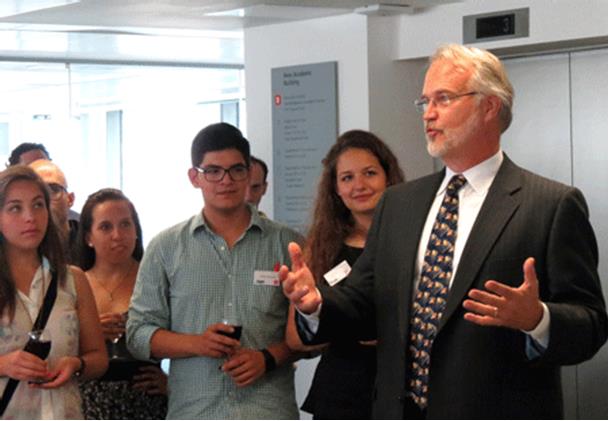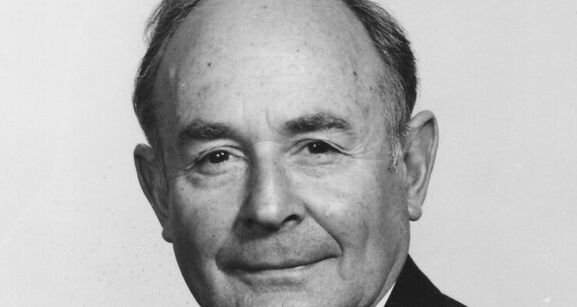LSE expertise is transported from Houghton Street around the world by LSE Enterprise’s consultancy and custom executive education programmes. As the company celebrates its 20th birthday, Rehanna Neky revisits its innovative beginnings.
At the start of the 1990s, several science and engineering based universities were setting up companies to commercialise their research findings. As LSE’s director John Ashworth began discussions with former Shell director Keith Mackrell about creating something similar, their greatest concern was whether the idea was applicable to a social science institution: how can an idea be taken to market?
On 31 December 1991 a special company was incorporated, with Keith as its chairman. He recalls:
LSE Enterprise’s primary objectives as LSE’s commercial arm were to enhance the School’s financial position in support of its core activities of teaching and research and to enhance its contacts with business, governments and the external community. While control was to be ultimately exercised by the School as shareholder through the Board of Directors, it was explicit that LSE Enterprise should stand on its own feet financially, with its own personnel and internal procedures.
The first external hire was literally told he would be paid at the end of the month if sufficient money came in, which fortunately it did. In fact the existence of LSE Enterprise provided a hub for many requests which had not yet found a focal point for development. Despite the entrepreneurial nature of its activities, the company has always contributed a regular cash net inflow into the School.
By 1993, LSE Enterprise consisted of two part-time staff, working on two projects in the spare room at the back of the finance division. “No email. No internet. Antediluvian,” remembers Adam Austerfield, one of the first employees.
One project was marketing LSE-designed decision analysis software, the other applied LSE’s expertise in emerging markets to political risk ideas in the City of London. Both those things were quite ahead of their game at the time and no-one thought getting academics to work with business would take off. But what we started 20 years ago has actually become government policy, and the REF means that the impact of academic work in these domains is important.

Over 20 years on, LSE Enterprise has 20 staff based in its London, Madrid and Berlin offices. Its 150+ projects each year cover customised executive education, consultancy and applied research, and have taken place in 90 countries. The company has contributed over £13 million to the School and considerably more to its academics. With government and industry facing evolving challenges, demand for LSE’s expertise is set to increase.





